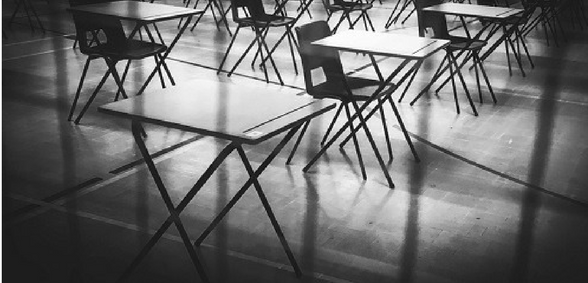
According to The Guardian, private schools are voicing their unhappiness regarding the rise in unconditional university offers
Elite private schools are now calling for universities to cut down on their use of unconditional offers for undergraduate places. This is due to fears that pupils won’t try as hard as they could to achieve the best possible A-level grades.
Mike Buchanan, executive director of the Headmasters’ and Headmistresses’ Conference (HMC), claimed that pupils “take their foot off the gas” when they accept offers that don’t require specific A-level grades.
“These youngsters have to carry their results with them for their whole careers,” he told The Times.
“I am asking universities to stop using them unless they have interviewed the pupil and got some sense that it would be good for this pupil, or have consulted the school, which has given you the same information.”
The government’s removal of its cap on funded undergraduate numbers has pushed universities across England to aggressively compete for students and their tuition fees.
Private school heads are now defensive about the potential impact on their school’s results and rankings due to this.
The HMC’s call follows that of Sam Gyimah, the higher education minister, who said in July that the sharp rise in unconditional offers was “completely irresponsible to students, and universities must start taking a lead by limiting the number they offer”.
Figures from Ucas show that seven per cent of the 950,000 offers made this year were unconditional, with about a fifth of the 250,000 applicants to English universities receiving at least one unconditional offer.
Vice-chancellors have defended unconditional offers as a gateway to allowing earlier engagement between universities and students which makes it easier to plan courses and accommodation.
Don’t forget to follow us on Twitter and keep up-to-date with the latest news and features
